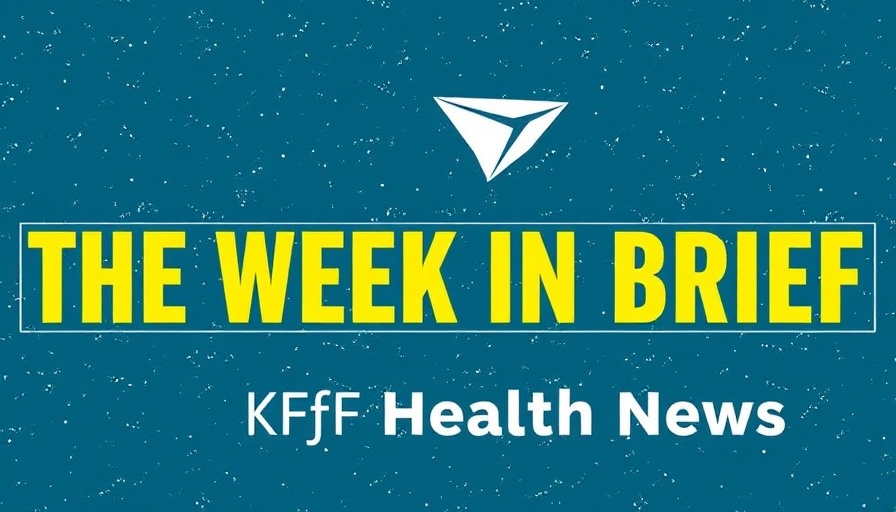
Uncertain Future for Telehealth in Rural Areas
Rural Americans are facing a healthcare crisis exacerbated by flawed federal programs aimed at ensuring access to telehealth services. The uncertainty surrounding the Digital Equity Act, referenced by President Trump as “racist” and “unconstitutional,” threatens to halt efforts to promote high-speed internet access for these communities. This act, part of the Infrastructure Investment and Jobs Act of 2021, was designed to allocate substantial funds for broadband infrastructure, yet recent developments cast doubt on its effectiveness.
The Impact of Connectivity on Health Outcomes
According to a KFF Health News analysis, over 200 rural counties lack essential health care services, with many residents unable to access telehealth due to unreliable internet. Regions like Lincoln County, West Virginia, showcase this phenomenon firsthand; stroke survivor Ada Carol Adkins highlights the dire situation where “wacky” phone and internet services disrupt access to necessary medical care. Without reliable connectivity, these communities face poorer health outcomes, illustrated by lower rates of medical visits and higher mortality rates.
Local Responses and the Path Forward
As tension around federal government efficacy rises, local entities are taking action. The West Virginia Broadband Enhancement Council recently emphasized the importance of deploying high-speed fiber-optic lines, arguing that such infrastructure is both sustainable and necessary for overcoming geographical challenges. Community leaders are voicing dissatisfaction with existing options like satellite internet, advocating instead for more reliable, state-driven initiatives to alleviate the void left by federal programs.
Technological Solutions and Innovations
With innovative technologies on the horizon, the potential benefits of improved connectivity in rural health do not solely rest on federal initiatives. Developments in telehealth, such as virtual health platforms and remote monitoring devices, can bridge some gaps temporarily until more stable internet solutions are secured. This highlights the resilience of rural communities as they seek alternative ways to enhance health outcomes while navigating bureaucratic shortcomings.
The Importance of Comprehensive Federal Support
Ultimately, ensuring equitable access to telehealth services requires unwavering support from federal programs. Policymakers must address both acceleration of broadband deployment and oversight of how taxpayer funds are utilized; without a comprehensive approach, rural Americans will remain sidelined in both general healthcare access and modern wellness strategies.
 Add Row
Add Row  Add
Add 




 Add Row
Add Row  Add
Add 



Write A Comment